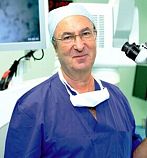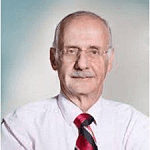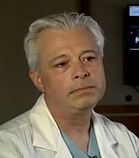Treatment methods
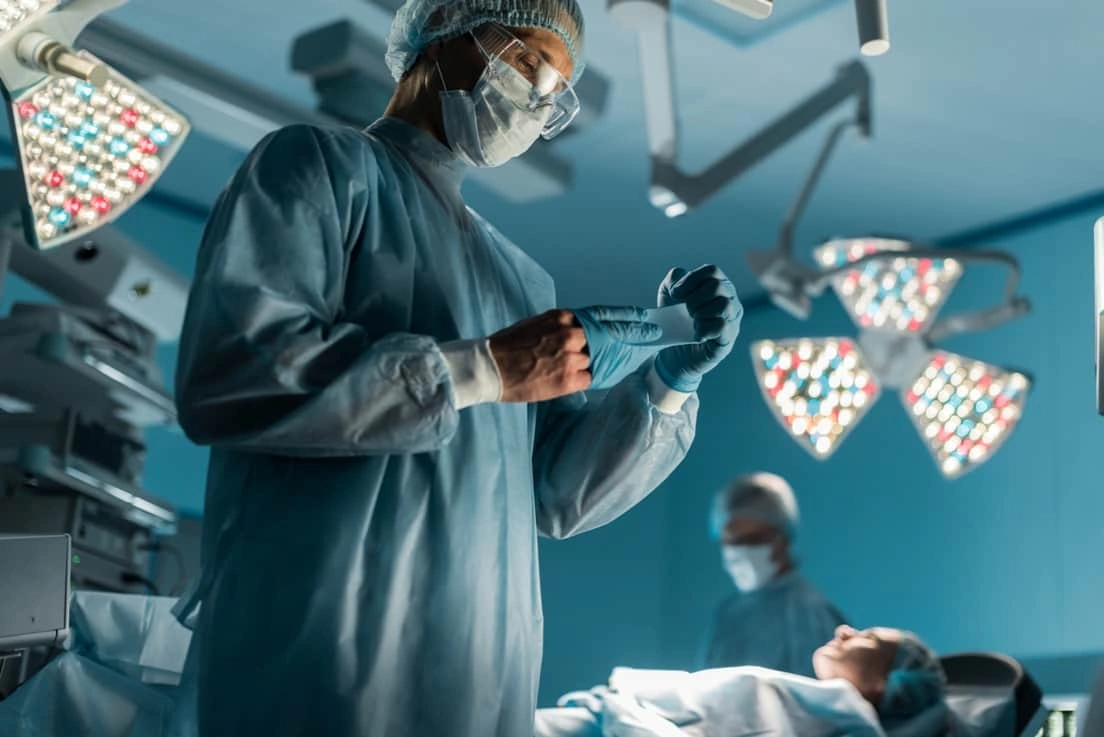
For brain tumors, removal is recommended to reduce intracranial pressure. Children and infants have most of the neoplasm removed. The recovery process is individualized. Temporary neurologic deficit – muscle weakness – may occur.
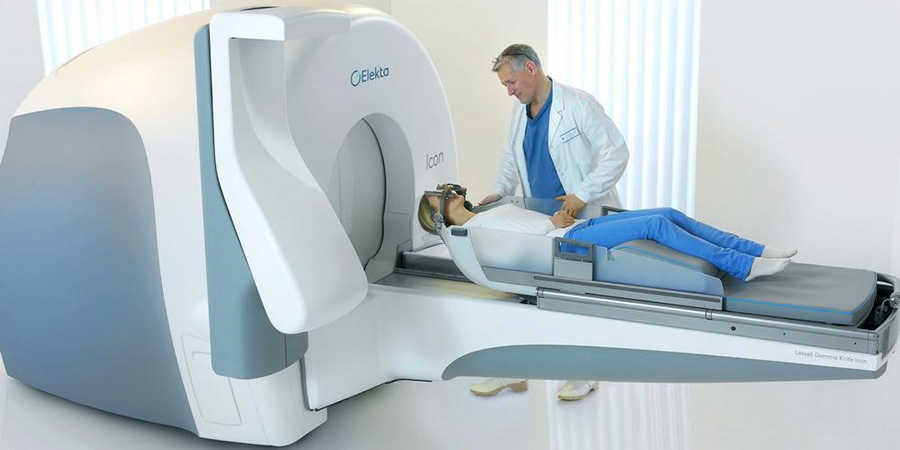
The basis of the therapy is to focus beams with high-energy radiation on tumor tissue. In some cases, it is necessary to irradiate the brain and spinal cord. Radiation therapy is used with great caution in children.
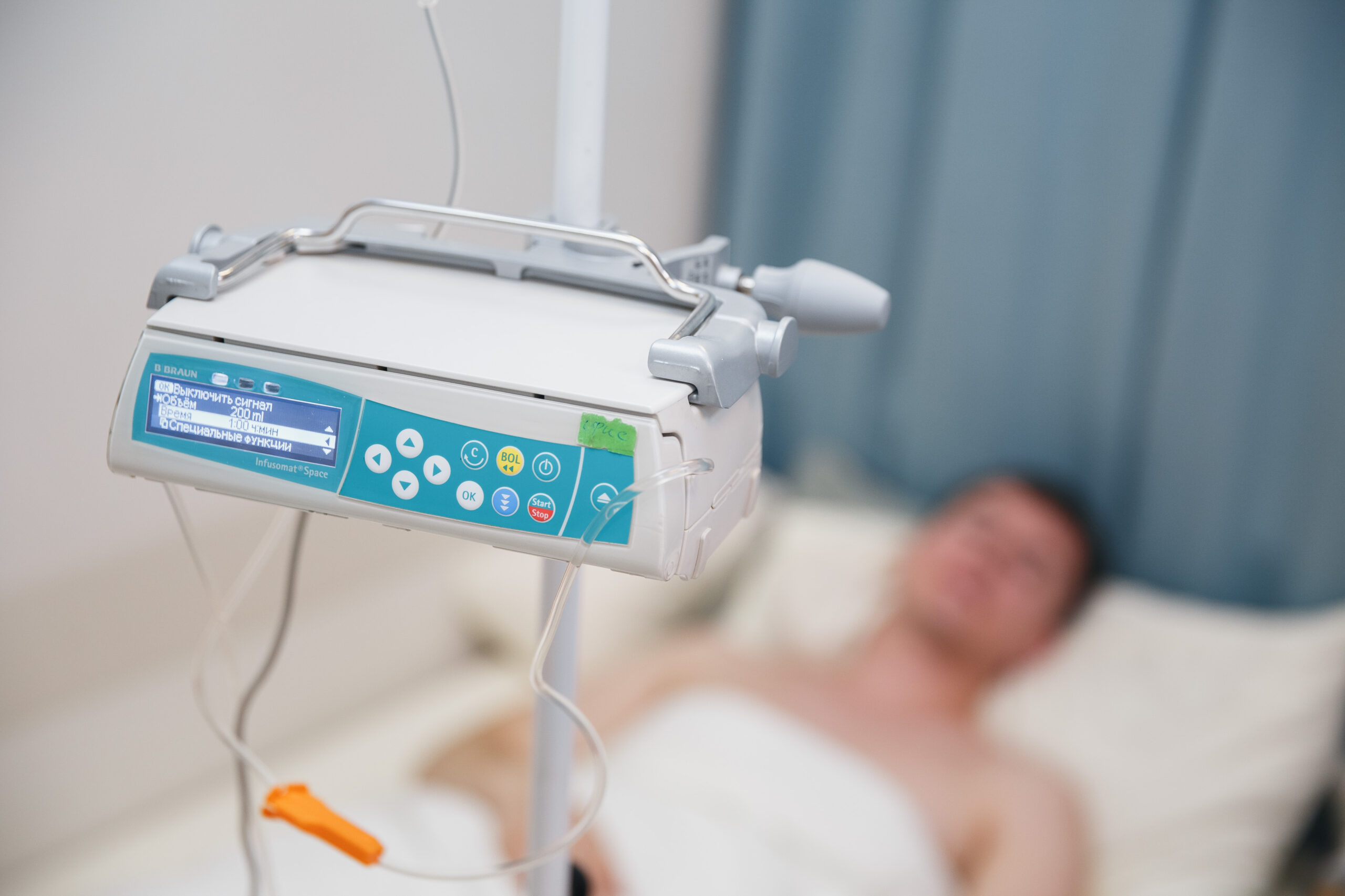
The chemotherapy course is given by oral or intravenous route. The therapy can cure an aggressive tumor that has a high degree of malignancy.
Benign brain tumors
The main difference with a benign tumor is that it does not cause cancer. It grows but doesn’t hurt the healthy tissues nearby, so they function normally. These tumors have clear boundaries, so it is quite easy for surgeons to remove them and rid the person of the neoplasm. Most importantly, a benign tumor does not metastasize, that is, it does not affect other organs.
Once removed, the benign mass usually does not recur. That is, once such a tumor is identified, the treatment plan is simple: establish benignity, remove and observe after surgery.
But just because a neoplasm is benign doesn’t mean it doesn’t need to be removed. This is especially true for tumors in the brain. They increase in size and begin to squeeze the surrounding tissues. And that leads to serious symptoms:
- severe headaches;
- nausea, vomiting;
- visual impairment, coordination, memory;
- seizures;
- loss of consciousness;
- numbness in the extremities.
A particularly large tumor near the centers that are responsible for breathing or in the spinal cord can be disabling or fatal. Therefore, even benign tumors need to be removed.
Malignant brain tumors
Malignant neoplasms affect the surrounding tissues and they cease to function normally. The peculiarity of this type of tumor is metastasis. The cells of the formation travel through the bloodstream to other organs and begin to proliferate there. Metastasis is also called secondary cancer.
Actually, a malignant tumor is, in medical terms, a cancer, simply put, a bad tumor. As it affects other tissues, symptoms appear:
- of pain;
- extreme fatigue;
- nausea, vomiting;
- muscle weakness;
- decreased visual clarity.
The symptoms of the first stage of a malignant tumor and a benign tumor are very similar, so it is very important to get diagnosed and consult an oncologist.
Diagnosis of brain tumors
- Blood tests
- MRI
- Biopsy
- Neurosurgical consultation
At the clinic “MDI“ accurate methods of diagnosing brain tumors. Our oncologists have extensive experience with both benign and malignant neoplasms. We offer state-of-the-art treatments according to the high standards of Israeli medicine.
Diagnosis of brain tumors is complex. First, specialists check to see if the symptoms are signs of other diseases (e.g. vision problems due to optic nerve disease). An MRI is performed to pinpoint the exact location of the tumor.
If possible, histologic examination of the mass by biopsy is performed. The fragment is studied for benign or malignancy. After a detailed diagnosis, the oncologist will suggest a treatment plan.
Treatment of neoplasms
Both benign and malignant tumors are indicated for removal. The neurosurgeon excises the tissue of the mass, trying to remove as much as possible without touching healthy tissue. Chemotherapy and/or radiation therapy is then administered, depending on the complexity of the case and the volume of remaining tumor cells.
Brain surgeries are the most complex, so it is important to choose a professional and experienced neurosurgeon. As well as an oncologist who will prescribe the best treatment for each tumor case. We invite you to a consultation in Israel in the clinic “MDI“.
The best doctors in Israel
All doctorsPrice
How we are working
-
StepSubmitting an application

Simply leave a request or contact us at the numbers in the contact tab.
-
StepTalking to a counselor

You will be contacted by our consultant shortly after submitting your application. After the interview and review of the medical history, he will proceed to prepare a treatment program.
-
StepProgram preparation

Our specialists will draw up a personalized program, including a diagnosis and treatment schedule, the names and positions of the doctors, and the cost of treatment.
-
StepTravel arrangements

The coordinator will plan and organize the trip in every detail – from advice on preparing documents, to purchasing tickets, booking accommodation and even organizing excursions.
-
StepTreatment

Our staff will provide patient support throughout the diagnosis, treatment and rehabilitation period.

Форма обратной связи
"*" indicates required fields




